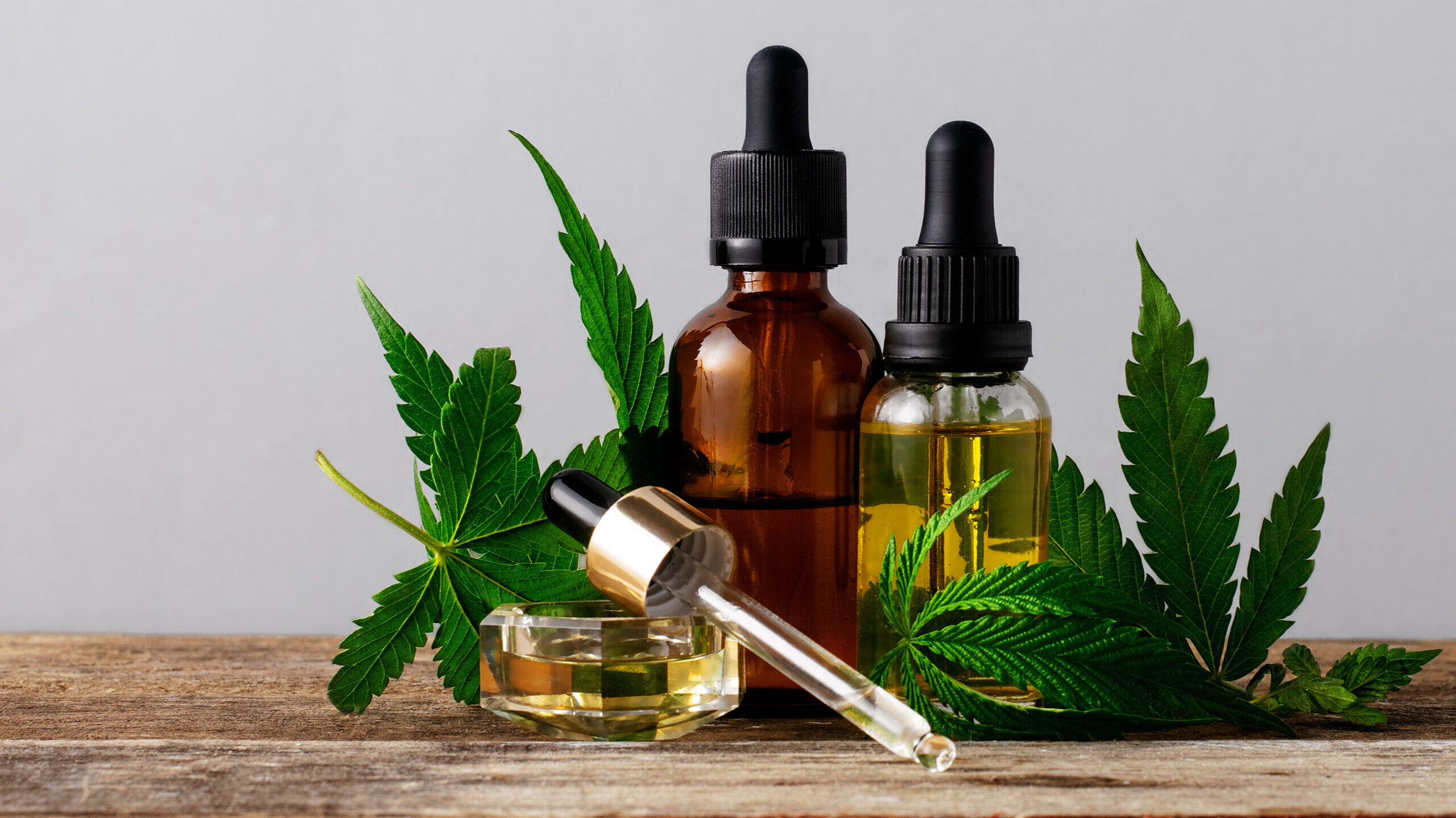Smokable hemp and CBD products including flower buds and vapes will soon be banned in Alabama.
That’s just one of many new restrictions on hemp and CBD approved by the Alabama Senate on Tuesday, sending the legislation to Gov. Kay Ivey’s desk to be signed into law.
The bill is nominally House Bill 445 by Rep. Andy Whitt, R-Harvest, but Senators simply used the bill as a vessel to sub in a bill they’ve been working on behind closed door.
The bill creates an outright ban on smokable products, as well as psychoactive products commonly known by their Delta strains such as Delta-8. Online sales, direct delivery, drive-through sales and direct shipment are also strictly prohibited under the new law.
In addition to outright bans, the bill also limits the amount of THC in CBD consumable products such as gummies and hemp-infused beverages. Edibles must be individually wrapped in single-serve packaging, with a single serving containing no more than 10 mg of THC. A pack of consumables can contain no more than 40 total mg of THC. Hemp-infused beverages cannot exceed 12 fluid ounces, and a carton may not contain more than four 12-ounce drinks.
The new law will limit all CBD products to be sold to adults 21 and over, and will require the products to be sold only in liquor stores or stand-alone CBD/hemp stores where minors are not permitted to enter. This means hemp and CBD products will no longer be able to be sold at convenience stores or grocery stores.
There will also be a 10-cent excise tax placed on all hemp products to make the products more expensive for the consumer while creating revenue for the General Fund. The bill authorizes the Alcoholic Beverage Control board to enforce the law.
The bill includes still more processes and regulations, including licensing requirements for retailers, childproof packaging, restrictions on certain marketing and design elements that might appeal to children,a and strict testing requirements.
Industry experts and lobbyists told Senate lawmakers that HB445 as it passed the House would be an industry-killer.
Molly Cole, a representative for the Alabama Hemp and Vape Association, told APR at the time that she didn’t believe the plan to cobble together different CBD bills that had popped up in the Senate and reform HB445 would be sufficient.
“I told them what would be the bare minimum that businesses need to stay open,” Cole said. “I was basically told on every point that there’s no way that will happen … The compromise will really be a backhanded prohibition bill that will cancel an entire industry. And I was told that’s kind of the point.”
Cole told APR Tuesday night that she was still reviewing the language of the bill that ultimately passed, since it differs in many ways from the original text.



















































